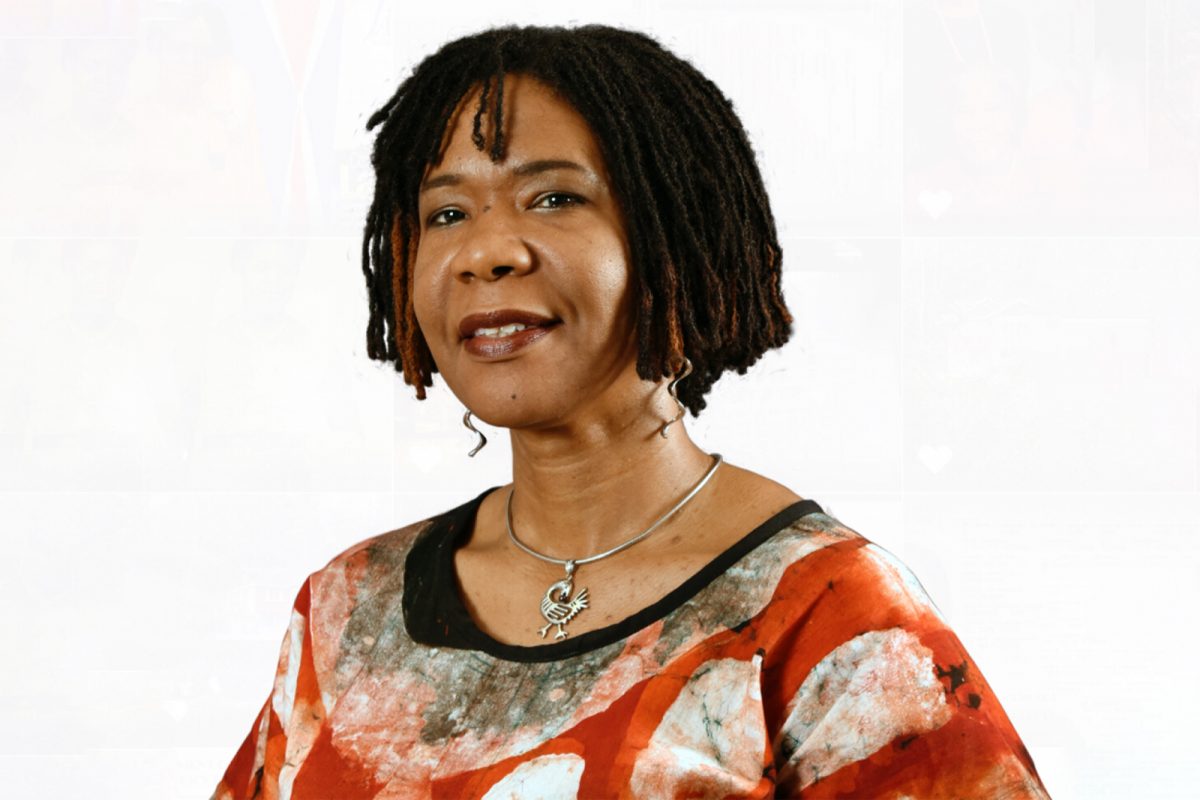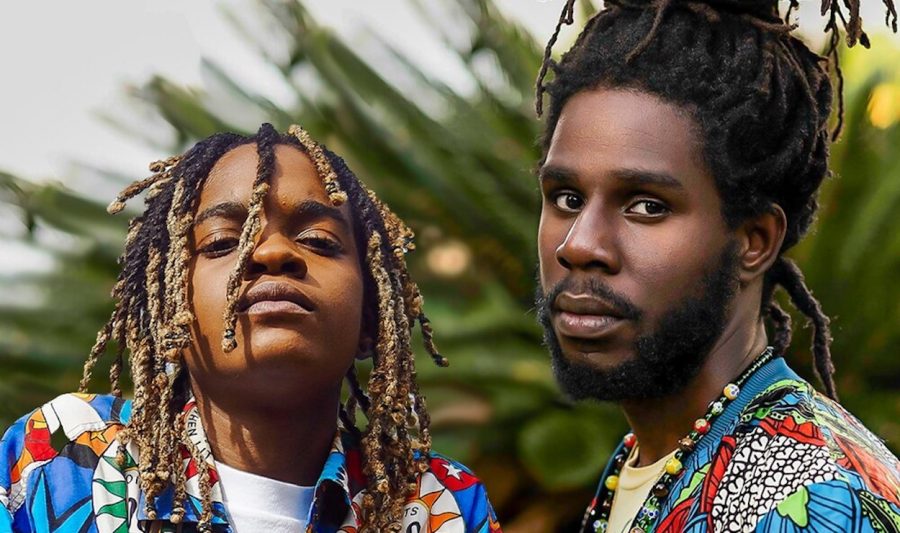For Dancehall’s Sake: UWI Culture Lecturer Says Veteran Producers Should Nurture Younger Counterparts

Director of the Institute of Caribbean Studies at the University of the West Indies (UWI) Dr. Sonjah Stanley Niaah, is calling on older Reggae and Dancehall music producers to help to nurture and mentor their younger counterparts in the industry.
She made her comments recently on Radio Jamaica’s Two Live Crew, after host Wesley Burger asked whether or not she was worried about preservation of the music genres, or had any concerns that the music was losing its identity, as some industry stakeholders have been contending.
“I want the producers who were there long ago, to engage with the younger artistes; engage with the younger producers. There is a big conversation going on at Clubhouse now, because the young people don’t feel like the older producers are giving them the time of day, guiding them enough, appreciating what they are doing,” the Reggae Studies Unit senior lecturer said.
“So I am here to say one of the things that must happen, is that conversation between the generations. My music is not going to be your music but they are still up for that conversation. So one of the things that I want to see, is that. I want to also see the ways in which for future, the quality – and the question of quality obviously is subjective – what makes your music timeless. There is some formulae that you can use. There are things that you can detect about a hit song; whether it has a proper chorus; how the rhyming guh,” she said.
When asked to make a comparison between the music of yesteryear and contemporary Dancehall and Reggae music, the culture doctor said there always have been and will always be nostalgia and differences in appreciation of music across every generation, so the matter of which is better would be immaterial in the scheme of things.
“One of the things I never get into a conversation about is the difference in appreciation across generations in relation to music. Music is one of those things that because of its sensory nature, the nostalgia that you can achieve with something as powerful as music… in time to come, 20 years time, they will be talking about their time in music. They will be taking about the music of now that they appreciated. That will be their moment of nostalgia while for us it is the 90s the 60s, 80s, the 70s… So I don’t get into those conversations,” she explained.
The professor said she is enthused, though, about the fact that many of the young artists have been drawing for older riddims, rhyme schemes, and styles dating back to the 70s and 80s, and incorporating and interpolating them in their newer productions and giving to the world, masterpieces.
“What I am very curious about – two things – I am always looking to the future where our music is concerned. I am always interested to know what are the points of innovation that would come to stir my music of old. I am always looking to see what will come. And let me tell you what stirs me now: I am stirred by an artiste like Chronixx for example what he’s been doing; I am stirred by an artiste like Koffee. I don’t know who it is that’s producing around them. I know Chronixx has a lot to do with his own productions,” she said.

“But, I am stirred by these artistes because they are obviously dipping into some of the older riddims, some of the older mechanisms for producing music, and so I salute those people. Not because what they are producing can make me think about my music in the past when I was appreciating those forms, but certainly, it is the sign of respect that is evident in how they are treating with this body of music that we have given the world. The other person who I particularly like in that way, is Busy Signal; he is constantly dipping into those riddims…,” she added.
